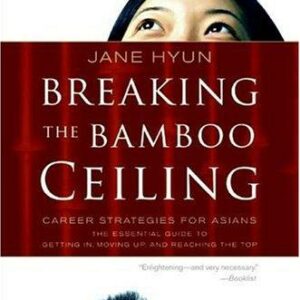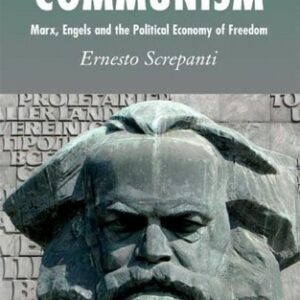The World Economy, Population Growth, and the Global Ecosystem
$145.00 $123.25
| Title | Range | Discount |
|---|---|---|
| Textbooks & Workbooks Discount | 1 + | 15% |
- Description
- Additional information
Description
Description
–John M. Gowdy, Rittenhouse Professor of Humanities and Social Science, Department of Economics, Rensselaer Polytechnic Institute
“In a challenging and innovative study, Whitmore analyzes the interactions between the world’s economic development and the functioning of our ecosystems, leading to insights that require a rewrite of most macroeconomic textbooks that tend to ignore these issues. This book challenges traditional macroeconomics by focusing on the vital relations between economics, natural resources and ecology.”
–Ekko van Ierland, Professor of Environmental and Natural Resource Economics, Wageningen University, The Netherlands
“Harland Whitmore combines the skills of an economic modeler with an awareness of market imperfections and environmental constraints. His global model provides a central role for natural resources and waste flows into the environment, as well as for disequilibrium, unemployment, imperfect information, and unintended savings or investment. He takes ‘green accounting’ seriously, and focuses on the importance of government policy for environmental protection, production and employment. This book goes beyond the limitations of most standard economic models to offer a new perspective on ecological macroeconomics.”
–Jonathan Harris, Global Development and Environment Institute, Tufts University





